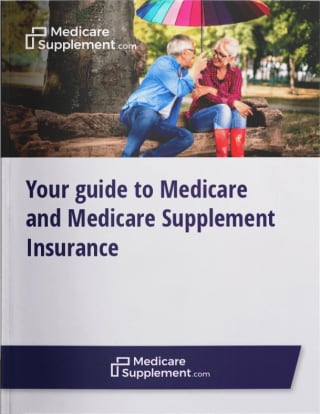Original Medicare is offered by the government. Part A is usually free for most beneficiaries, and Part B carries a monthly premium. Medigap plans, however, are sold by private insurance companies. You must shop for these plans, and a licensed insurance agent can help you pick the one that offers you the best coverage at the best rates.
Medicare Supplement plans carry letters to designate the benefits each type of plan offers. Thus, every plan with the same lettered name has the same basic coverage almost anywhere in the country.
For example, Medicare Supplement Plan G sold by X Insurance Company will include the same benefits as a Supplement Plan G sold by Y Insurance Company in most states. The exceptions are Massachusetts, Minnesota and Wisconsin, which standardize their supplement plans differently.
When Can You Enroll in a Medigap Plan?
If you do consider enrolling in a Medigap plan Medigap plans, you should try to apply for a plan during your 6-month Medigap Open Enrollment Period. Your Medigap Open Enrollment Period is a 6-month period that starts the day you are both 65 years old and enrolled in Medicare Part B.
During your 6-month Medigap Open Enrollment Period, you do not have to undergo medical underwriting, which means the insurance company cannot turn you down or charge you higher premiums because of any pre-existing health condition.
If you don't change Medicare Supplement insurance plans during your Medigap Open Enrollment Period, your insurer can force you to undergo medical underwriting, and they can now assess your health history during the application process and can turn you down if it chooses.
Can I Change From a Medicare Advantage Plan to a Medigap Plan Without Underwriting?
You can switch from a Medicare Advantage plan to a Medigap (Medicare Supplement) plan without underwriting only in specific situations:
-
Within 12 months of joining a Medicare Advantage plan for the first time (trial right).
-
If you’re in your 6-month Medigap Open Enrollment Period (starts when you’re 65+ and first enroll in Medicare Part B).
-
If you qualify for a Guaranteed Issue Right (e.g., your MA plan ends, you move out of the service area, or the plan breaks Medicare rules).
Outside these scenarios, most states allow insurers to require medical underwriting, meaning they can deny coverage or charge more based on your health.



